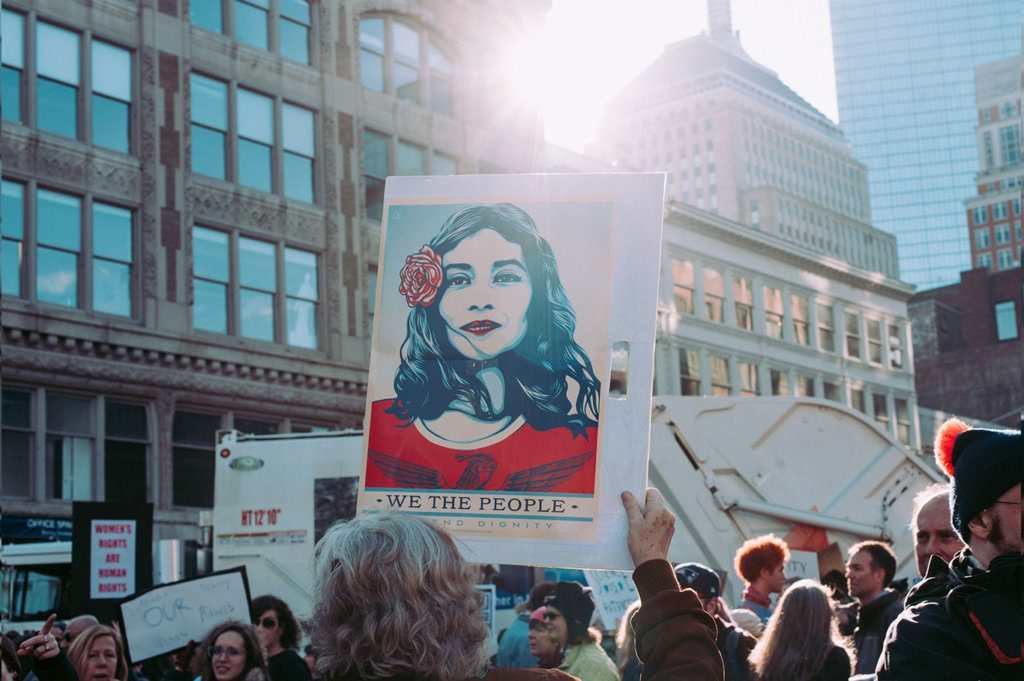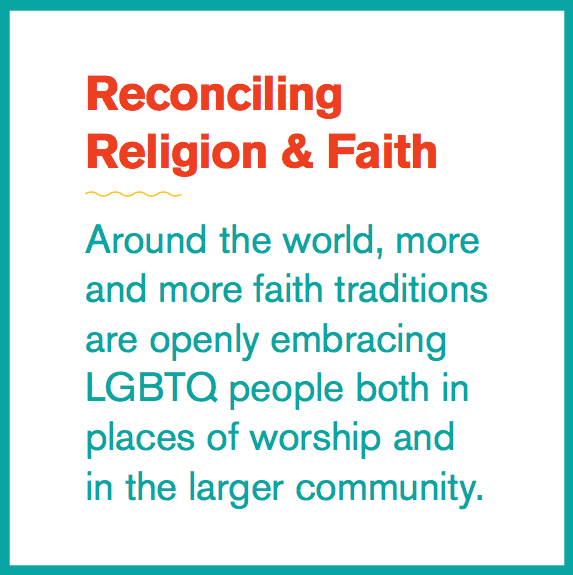Telling the story of economic loss and resiliency for Latinos 10 years after the Great Recession
While most Americans were affected by the Great Recession, Latinos were particularly impacted, seeing many of their hard-earned gains slip away. And the recovery since the recession officially ended 10 years ago in 2009 has been uneven.

We decided to examine what has happened since then in a recently-released report titled “10 Years After the Great Recession: A Story of Economic Loss and Resiliency for Latinos.” The report finds that the effects continue to linger today and covers the progress—and lack thereof—that Latinos have made in employment and job quality, housing, health and nutrition, and wealth and income.
You can read the full report here.
Keep up with the latest from UnidosUS
Sign up for the weekly UnidosUS Action Network newsletter delivered every Thursday.
HERE ARE 8 KEY FINDINGS FROM THE REPORT:
- The wealth gap between Whites and Latinos widened between 2007 and 2016.
- Despite increases in median hourly wages for many workers, Latinos still earn low hourly wages, which leaves many workers and their families struggling to make ends meet.
- Despite Latinos’ strong participation in the workforce, Latino workers have less access to paid leave than they did before the Great Recession.
- Among all workers, Latinos still have the least amount of access to a retirement savings plan.
- Since the Great Recession, college enrollment among Latino students grew from 12.1% to 19.4%. At the same time, Latinos started taking on more student debt.
- Ten years after the recession, fewer Latinos live in poverty, yet one-in-six Latinos still live below the poverty line.
- Latino homeownership—the cornerstone of the American Dream and Latino wealth—has stalled below its peak before the Great Recession.
- The rental market has become increasingly expensive for Latinos since the Great Recession—by 2017, nearly six out of 10 Latinos paid more than 30% of their income on rent.

Our community is resilient
Even after the recession, our community has maintained their optimism and work ethic in pursuit of prosperity. Latinos, for example, have led the growth of the U.S. labor force over the last here decades. Additionally, businesses with majority Hispanic ownership provide almost 2.7 million jobs to U.S. workers.
Yet, despite the community’s hard work and contribution to the economic recovery, many Latinos have continued to experience limited wage growth and feel the negative effects of deepening wealth inequality.

Latinos are part of the American family
We know the role that Latinos play in our nation’s economy grows more critical with every generation: Latinos drive labor force participation, small business growth, and account for one in every four elementary school students.
The ability of Latinos to weather the next economic downturn is a matter of importance to the country and the economy as a whole.
As a result, we need responsive policies that address the many barriers that Latinos continue to experience when it comes to accessing good quality jobs, building emergency and retirement savings, and having more opportunities for homeownership.

